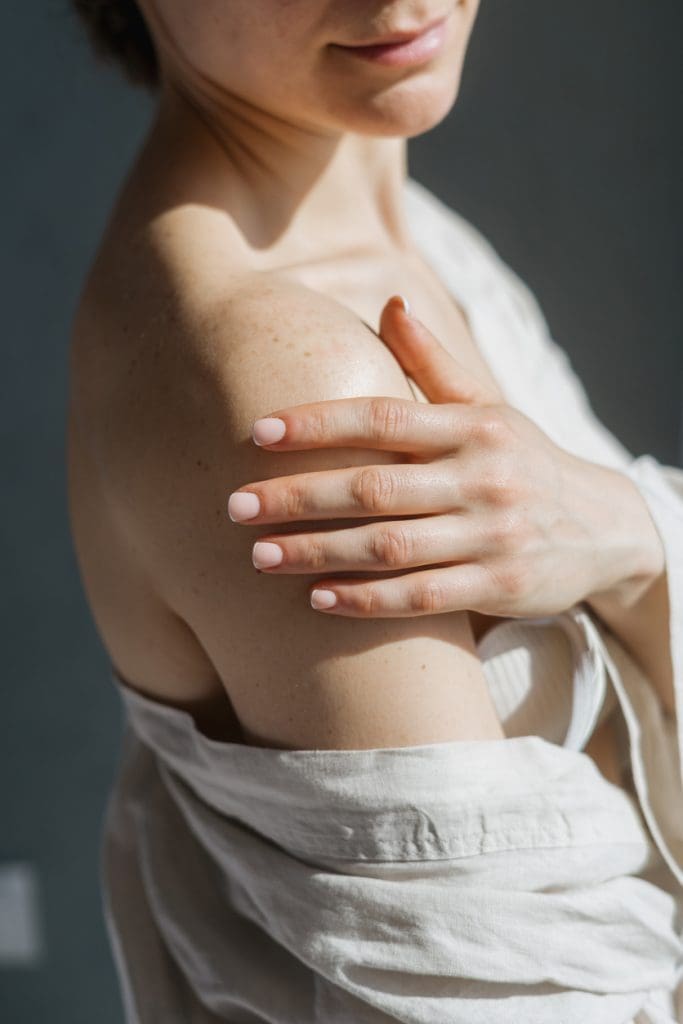Scar minimization refers to a range of treatments designed to reduce the appearance of scars by improving skin texture, color, and elasticity. Scars form when the skin heals from an injury, surgery, or acne, leaving behind uneven tissue. Factors such as genetics, skin type, and wound care can influence how noticeable a scar becomes. With the right scar minimization treatments in Leesburg, FL, we can break down scar tissue, stimulate collagen production, and restore a more natural skin appearance.
